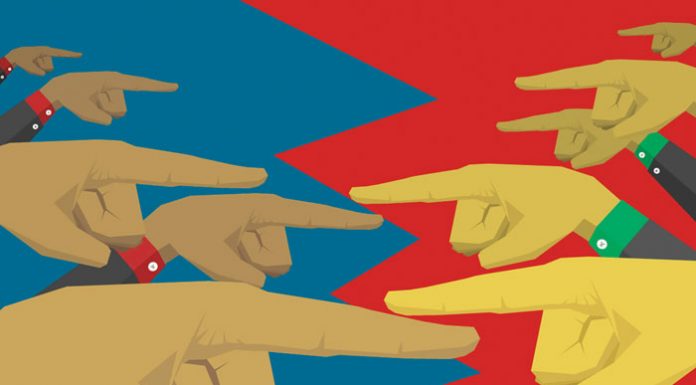Families that are dealing with a member who has an eating disorder need help to make it through the difficult process of treatment. For many, Rabbi Dovid Dewick of Magen Avrohom is the person they turn to for assistance with every aspect of treatment. Magen Avrohom is based in New York but assists people around the world.
In this interview, Rabbi Dewick explains how he got involved in this lifesaving work and what it entails.
How did you get involved with eating disorders?
I first became involved about 40 years ago. I was learning in a yeshivah in Eretz Yisrael, and I noticed that a bachur who was sitting next to me was getting thinner and thinner. He tried covering it up by putting on more and more sweaters, even though it was warm outside. Since the bachur was a Gerrer chasid, I went to a Gerrer mashpia and said, “It looks like something isn’t right with one of your bachurim. Someone should talk to him.”
Two days later I was informed that the Gerrer Rebbe, the Lev Simchah, zt”l, wanted to speak to me and that I should please go to his house at 11:30 in the morning. It wasn’t easy to leave during seder; it was a very strict yeshivah. So I ended up coming five minutes late because I was held up by a mashgiach. The Lev Simchah gave me kevod melachim even though I was so young. He sat me down on a chair—there were two nice armchairs there—and started asking me questions about what I’d noticed. He then went into a lengthy discourse. It was extremely interesting. Some of the things he said really shocked me, and I was also surprised because he wanted to hear my thoughts, even though I was so young. It was a discussion of all of the available options. Baruch Hashem, the bachur got out of it. Today, he is married and has children and grandchildren.
You didn’t know he was suffering from anorexia but you realized that something was wrong.
True. I’d never heard the word at that point.
When was the next time it came up?
I’m an Amshinover chasid, and I have a close relationship with the Amshinover Rebbe of Bayit Vegan. He used to keep me involved in cases of boys and girls who were at risk or had issues. Even though I was living in Boro Park, he would call me to take in a boy or girl every now and then and see what I could do to help. He kept me on my toes. This started around four or five years after that first story and after I got married, but I wouldn’t say that my involvement had to do with a specific issue.
Did some of those boys and girls who were being sent to you have eating disorder issues?
Yes, but the percentage of such cases was low. They had a variety of issues. It could be someone who was off the derech or suffered from bipolar disorder or OCD.
Then around 20 years ago my father passed away, and I was in the beis hachaim together with the Amshinover Rebbe. Although minhag Yerushalayim is that the niftar’s children don’t follow the meis, he called me to the beis hachaim right after the kevurah. When I got there he said “Hamakom yinacheim,” and then I asked if there was something I could do l’iluy nishmas my father. Then I added that I would prefer to focus on something for which there was a specific need. He replied that I should give him time to think about it, but in the meantime I should learn Mishnayos. Around a month later I got a phone call from someone whose daughter was suffering from anorexia. He told me that he had sent someone to the Amshinover Rebbe for either a brachah or advice, and the Rebbe had said that I would be able to help out. So the whole thing started in increments. Later, after he had sent me a few such cases, he told me that there isn’t a kehillah in klal Yisrael that doesn’t have families struggling with eating disorders, and that I should start looking into what could be done to help them.
To read more, subscribe to Ami





















